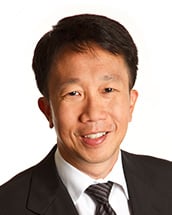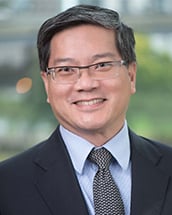The Asia Pacific Privacy Authorities (APPA), with contributions from the Singapore Personal Data Protection Commission (PDPC) through its participation in APPA’s Technology Working Group (TWG), has released the Guide to Getting Started with Anonymisation to help organisations adopt effective anonymisation practices.
In more detail
The guide, launched during the 63rd APPA Forum on 11 June 2025, was developed by the TWG of the APPA, which includes the PDPC as a participating authority. It aims to help organisations understand and implement anonymisation measures to safeguard personal data. By using anonymised data, organisations can enable safer sharing, collaboration and research, while minimising privacy risks.
The guide introduces basic anonymisation concepts and outlines a suggested anonymisation process consisting of the following five steps:
- Know your data – Understand which attributes are sensitive or potentially identifiable.
- Remove direct identifiers – Eliminate obvious identifiers and consider pseudonymisation.
- Apply anonymisation techniques – Use statistical or structural methods to prevent re-identification.
- Assess re-identification risks – Evaluate the likelihood of re-identification using techniques such as k-anonymity.
- Manage re-identification risks – Apply stronger controls to datasets with higher residual risks.
The same five steps and anonymisation process were previously highlighted in the PDPC’s own Guide to Basic Anonymisation published in 2022.
The guide also provides information on the treatment of anonymised information in different jurisdictions.
Key takeaways
The five-step process introduced by the APPA and the PDPC offers a useful foundation for organisations embarking on anonymisation efforts. Organisations subject to the Singapore Personal Data Protection Act 2012 should also consider the relevance of the PDPC’s guidelines, including the PDPC’s Guide to Basic Anonymisation, when evaluating anonymisation approaches.
For further information and to discuss what this development might mean for you, please get in touch with your usual Baker McKenzie contact.

© 2025 Baker & McKenzie. Wong & Leow. All rights reserved. Baker & McKenzie. Wong & Leow is incorporated with limited liability and is a member firm of Baker & McKenzie International, a global law firm with member law firms around the world. In accordance with the common terminology used in professional service organizations, reference to a “principal” means a person who is a partner, or equivalent, in such a law firm. Similarly, reference to an “office” means an office of any such law firm. This may qualify as “Attorney Advertising” requiring notice in some jurisdictions. Prior results do not guarantee a similar outcome.







